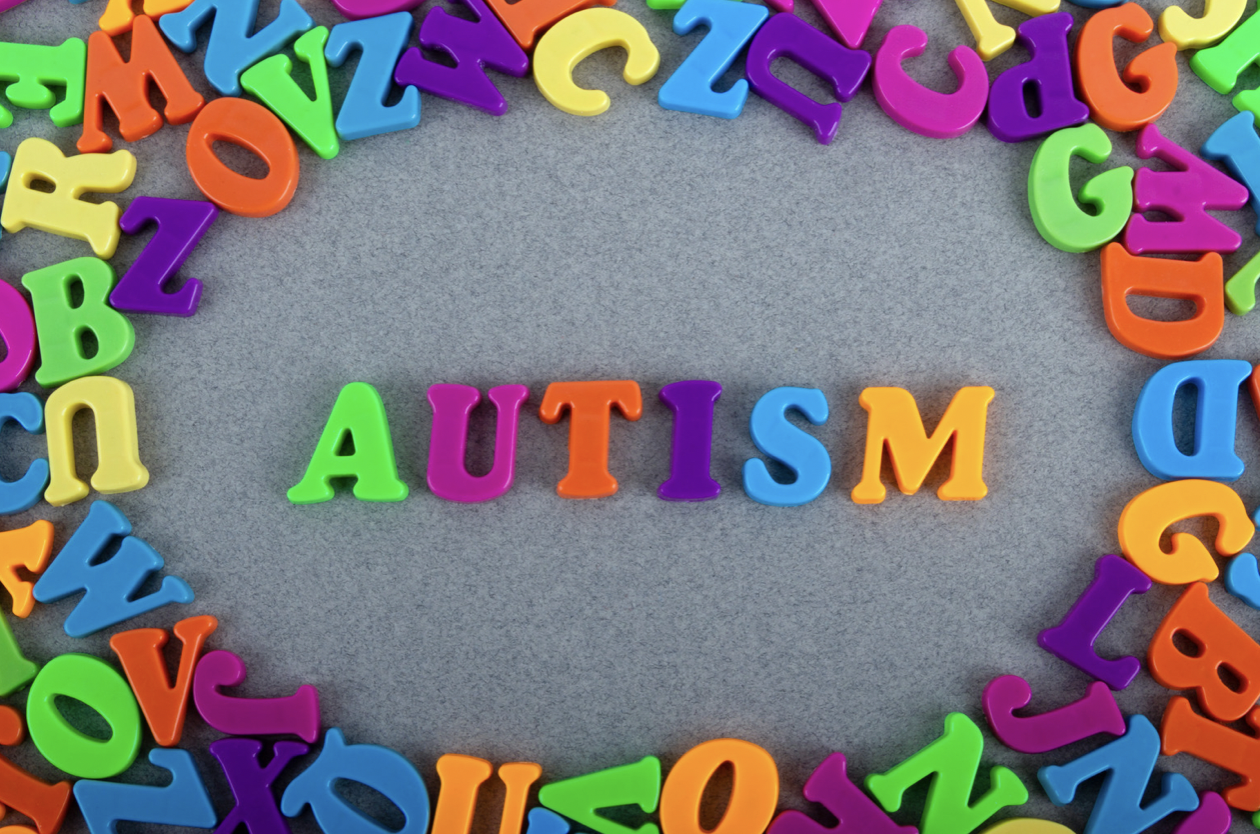April is Autism Awareness month and it’s a time when misinformation can spread about the disorder and its community of people. Autism, also referred to as autism spectrum disorder (ASD), is a developmental disability that can affect one’s social and communication skills.
There is plenty of misinformation about autism, such as being able to get it from vaccines and the use of puzzle pieces throughout the month of April.
Many people in the autistic community find the use of puzzle pieces to be offensive, as it implies that a piece of them is missing, which is not the case. People unfamiliar with this concept would probably not think anything of it, and when it’s the logo for one of the biggest autism awareness organizations, Autism Speaks, why question it?
The thing is many with autism don’t support Autism Speaks. Why? For starters, Autism Speaks sees autism as a disease that can be cured. People can read this claim in their mission statement on their website which states: “Autism Speaks is dedicated to promoting solutions, across the spectrum and throughout the lifespan, for the needs of individuals with autism and their families.” The use of the word solutions in their mission statement is what worries many in the autistic community and their families.
Autism Speaks sees autism and those on the spectrum, as “curable.” Many who know what autism is known this is not the case. It is not some disease they can cure. This is also where the use of puzzle pieces comes in. Using the puzzle pieces to signify that those in the community have a piece of them missing when it’s supposed to signify the complexity of the autistic community. Since Autism Speaks uses the puzzle piece as its main logo, the meaning behind the puzzle piece has changed.
Many celebrities have been seen showing support for Autism Speaks, but just like many others they don’t truly know what Autism Speaks does behind closed doors. Autism Speaks uses marketing techniques and good wording in social media posts to convince people they help the autistic community, but in reality, only 4% of their budget goes towards helping the autistic community and their families; 22% of their budget goes towards fundraising and marketing.
Overall, there is a lot of misrepresentation, misunderstanding, and misinformation surrounding the autistic community. Sinclair hosted one event about autism and neurodiverse people on Thursday, April 7 called “We Should Talk About Bruno,” where they dived into the Pixar film “Encanto” and how it demonstrates neurodiverse people navigating a neurotypical world. Sinclair plans to host one more event for Autism Awareness month on Thursday, April 21 from 2-3 p.m. in the Library Loggia on the Dayton Campus. For more information visit the events calendar on Sinclair’s website.
Harley Johnson
Executive Editor

